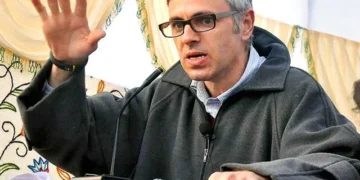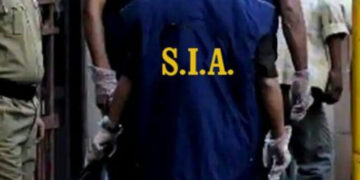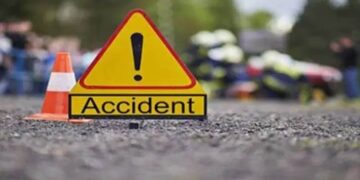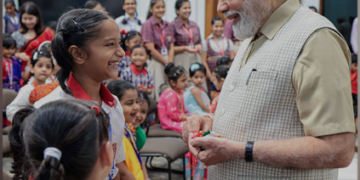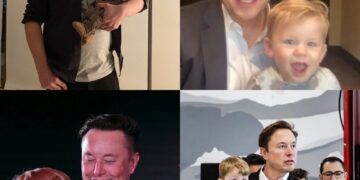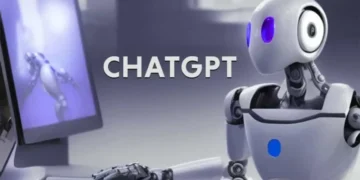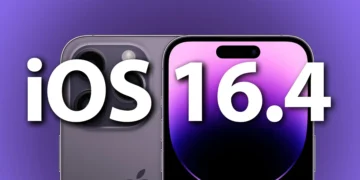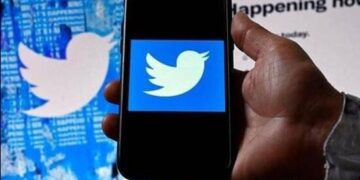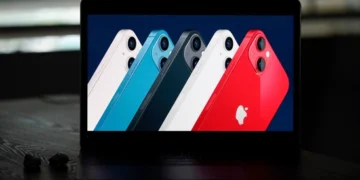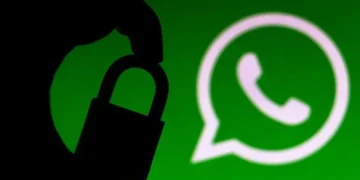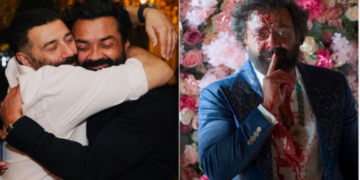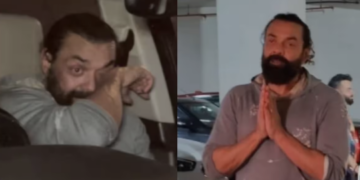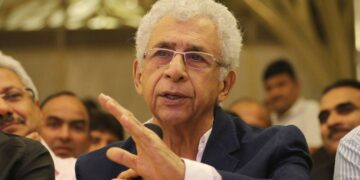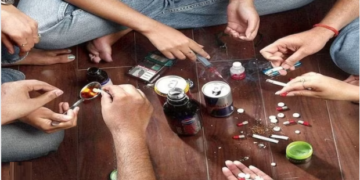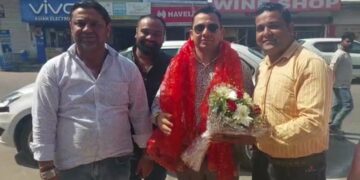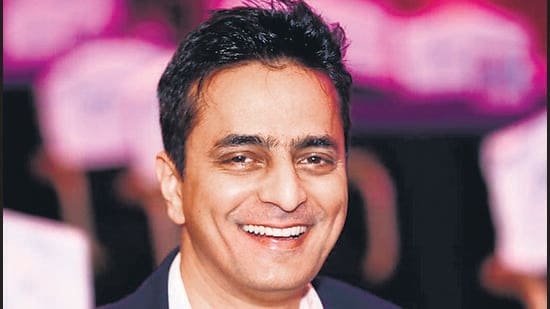The use of stem cell therapy in treating patients with autism spectrum disorder (ASD) is not recommended and its promotion and advertisement will be considered professional misconduct, the National Medical Commission (NMC) has said.
The NMC’s ethics and medical registration board set up a committee to look into the prescription, recommendation, or administration of such treatment after doctors and parents complained about the mushrooming stem cell therapy centres and their advertisements promising cure for autism. The committee submitted its report on December 6 and it was uploaded on December 14.
The medical fraternity has welcomed the order, saying, there is not scientific basis to this line of treatment for which patients have been shelling out for years.
Dr Samir Dalwai, developmental-behavioural paediatrician, Nanavati Max Hospital, Vile Parle, said, “Autism is a chronic condition and the results are slow. And there is a stigma attached to it. However, desperate parents fall for such promotional gimmicks as the therapy is marketed well not just in the city but across the country.”
Every week, the hospital gets at least one patient in the 7-8 age group whose parents have tried stem cell therapy to treat autism, but in vain. “Because of the stigma or being told by doctors that there won’t be much, or slow improvement in their child, parents fall for the stem cell advertisements. Many a time, patients stopped the treatment midway and opted for the therapy hoping to see the miracle cure it promises,” he said, adding each therapy reportedly costs ₹3- ₹4 lakh.
The neuro-developmental paediatric chapter of Indian Academy of Paediatrics had also written to all government authorities to take action in this regard.
Parul Kumtha, trustee, Forum for Autism, said the therapy neither had enough proof of efficacy nor did it have the Food and Drug Administration’s approval.
“Many parents have mortgaged their jewellery, property to bear the cost of treatment. If any medical centres are doing research on stem cell therapy, then they should not charge the patients. Also, as the NMC order says, there is no cure for autism and it is medically unethical to promise it as a cure,” she said.
Dr Milan Balakrishnan, psychiatrist and member of Bombay Psychiatric Society, said it has been observed that after the therapy, there is a rise in irritability and aggression in the patient.
“Recently, a 15-year-old boy with autism was brought to us. He had a lot of anger, and he was beating up his parents too. We had to manage the outbursts with medication. It was during the course of treatment that the parents told us about stem cell therapy and the aggression their son developed as a new symptom after the procedure,” he said.



